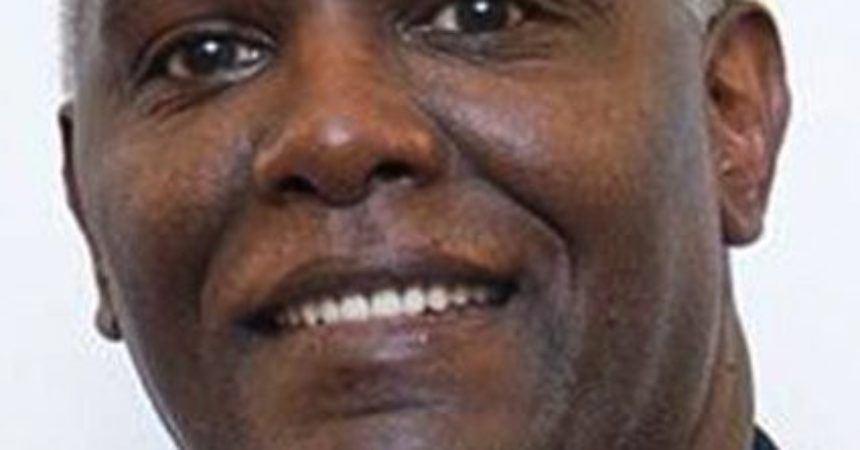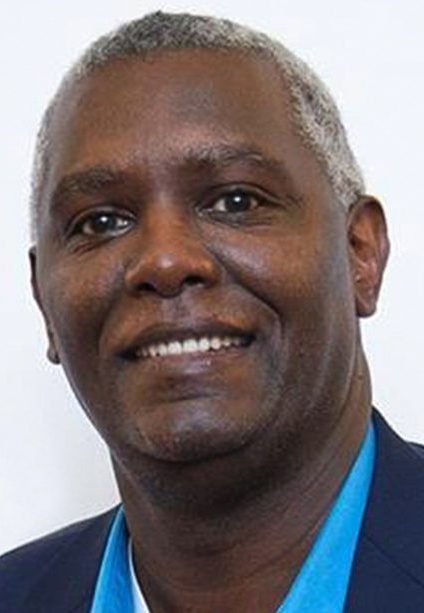
Concert disasters like Astroworld have occurred far too often

Promoters billed the event as the “World Series” of festivals, but the night ended with the dreadful shock of death filling the venue.
No, that’s not a reference to Travis Scott’s Astroworld Festival, which left nine people dead and several others wounded after the large crowd swarmed toward the stage, causing the trampling of many concertgoers.
About 42 years ago, on Dec. 3, rock band The Who headlined a festival at Riverfront Coliseum in Cincinnati with about 19,000 screaming fans in attendance.
As concert time neared, fans revved up, preparing a race to get as close to their music idols as possible – many seats were unassigned.
As the crowd pushed toward the entrance, the surge caused 11 deaths and at least 26 injuries.
While Scott continues to receive criticism for not stopping the show quickly enough, The Who played their entire set even as some fans lay dying.
Reportedly, authorities and promoters didn’t inform the group of the deaths until they left the stage.
About 30 years ago, hip hop stars Heavy D and Puff Daddy – known today as Diddy – held a heavily promoted show at New York’s City College.
Run-DMC, Big Daddy Kane, Boyz II Men, and Jodeci were among the headliners at the show on Dec. 28, 1991.
The popularity of each of the groups led promoters to oversell the small gymnasium with more than 3,000 people holding tickets – another 5,000 reportedly showed up hoping to gain entrance.
The crowd entered the school’s lobby and reportedly rushed down a staircase that led to a staging area, causing a massive crushing of people, leaving eight dead and about 30 others wounded.
“It does not take an Einstein to know that young people attending a rap concert camouflaged as a ‘celebrity basketball game,’ who have paid as much as $20 a ticket, would not be very happy and easy to control if they were unable to gain admission to the event because it was oversold,” New York state Judge Louis C. Benza wrote in a 1999 decision that found Diddy partly responsible as the primary promoter.
In 1998, Diddy publicly admitted responsibility.
“City College is something I deal with every day of my life,” he remarked.
“But the things that I deal with can in no way measure up to the pain that the families deal with. I just pray for the families and pray for the children who lost their lives every day.”
Concerts and festivals generally attract the most ardent of fans.
Attendees at concerts given by the late King of Pop Michael Jackson routinely fainted with security and other personnel rendering aid. Concerts have always had a problem properly catering to the audience they attract. Basic precautions such as proper guard rails, hygiene standards such as clean grounds and use of a septic tank pumping service, proper exit protocols, and so on, have been ignored in favor of bright lights and merchandise stands. This is an industry-wide problem.
To illustrate, on Feb. 20, 2003, at a Great White concert held in a nightclub in West Warwick, Rhode Island, a fire erupted and trapped and killed 100 people and injured more than 200 others.
The rock group’s road manager set off pyrotechnics as the band took the stage, but sparks ignited the ceiling, and flames quickly spread through the nightclub.
Club owners were prosecuted and found guilty of 100 counts of involuntary manslaughter. The pattern of such deaths goes on. Not all of them are always reported on a national level, but if you were to ask any law firm that contains lawyers similar to these Nashville wrongful death attorneys, you would see that there are many individual cases. The toll of negligent and wrongful deaths is staggeringly high.
Coming back to the case of the nightclub, they ultimately paid a $176 million civil claim.
Something similar occurred in 2013 at a nightclub in Brazil when more than 230 people lost their lives during a concert by the band Gurizada Fandangueira.
In 2020, three techno-music promoters escaped punishment from the so-called “Love Festival” in Germany 10 years earlier.
The presiding justices ended the trial of the three individuals noting that the pandemic prohibited them from completing the case before the 10-year statute of limitations would be realized.
Seven other defendants won an acquittal in 2019.
Members of the promotion staff and a half-dozen city officials stood trial on charges of negligent manslaughter and bodily harm after 21 people died. More than 600 suffered injuries during the stampede at the festival attended by an estimated one million.
Prosecutors said serious planning mistakes occurred and safety measures were insufficient.
Stacy M. Brown is the NNPA Newswire Senior National Correspondent @StacyBrownMedia.







